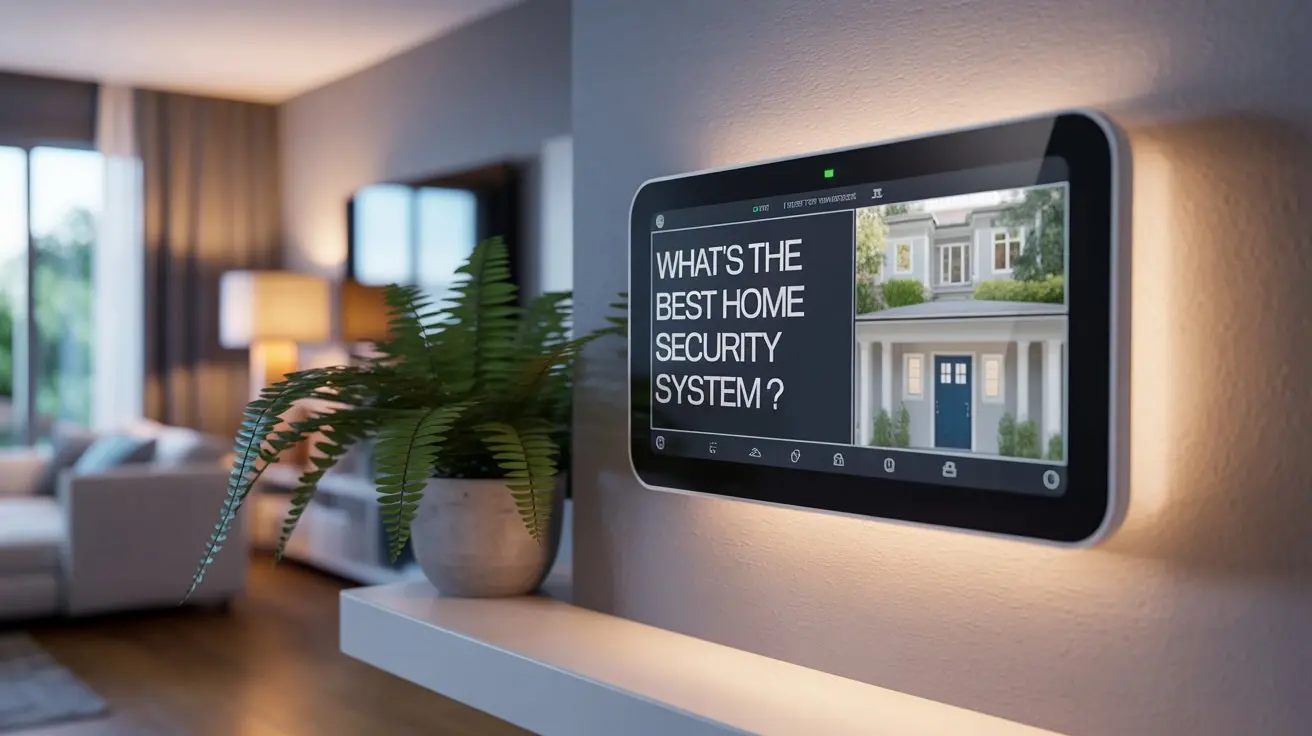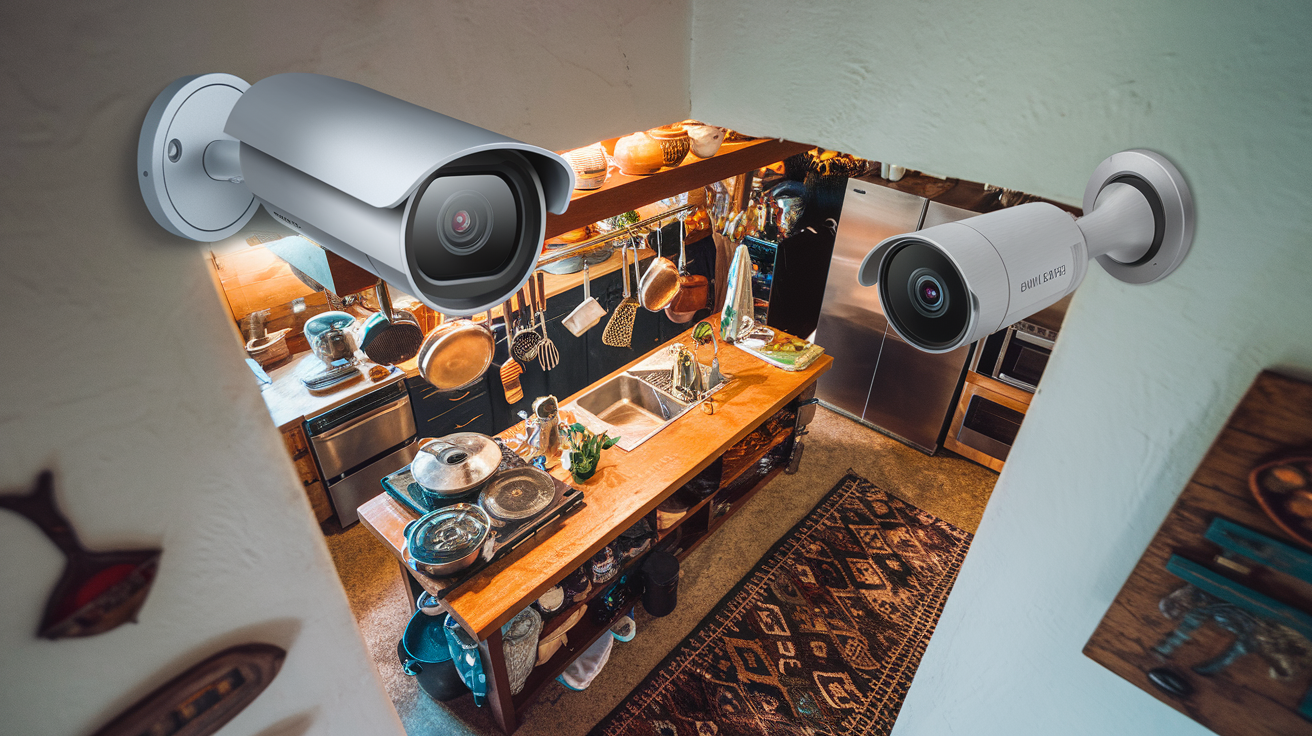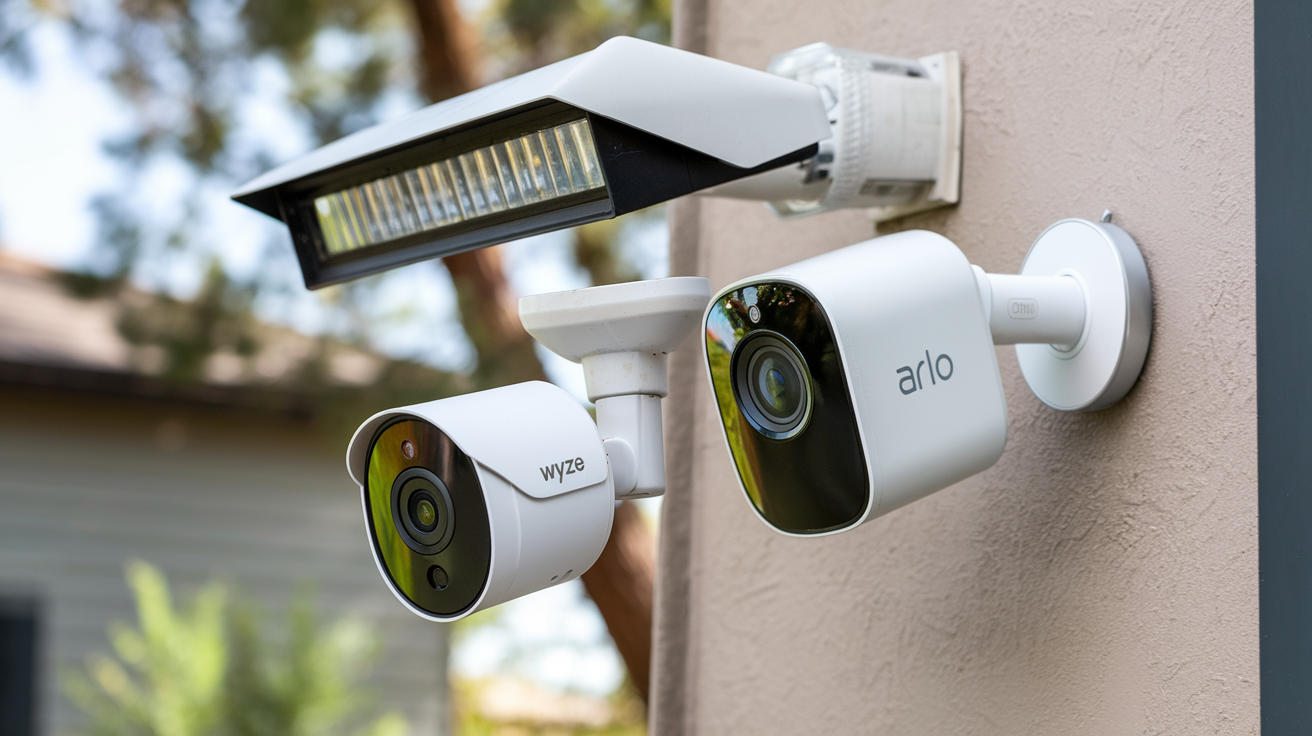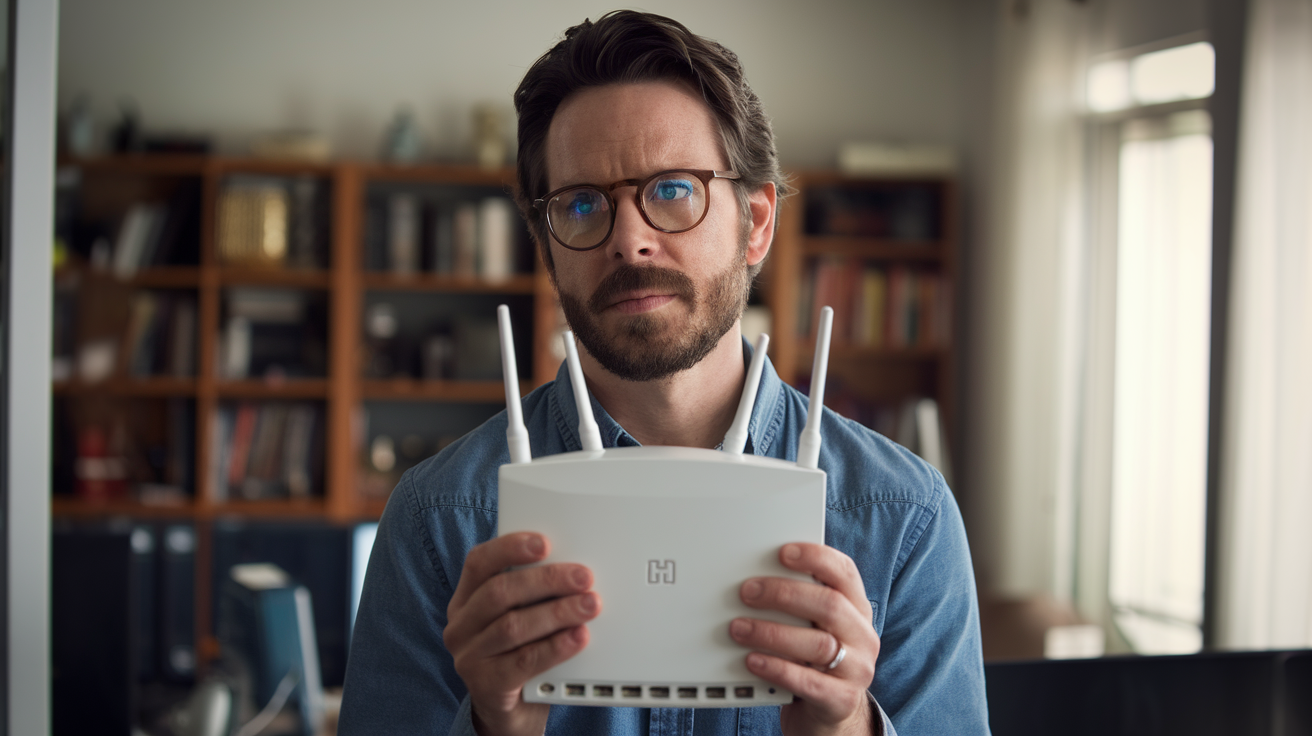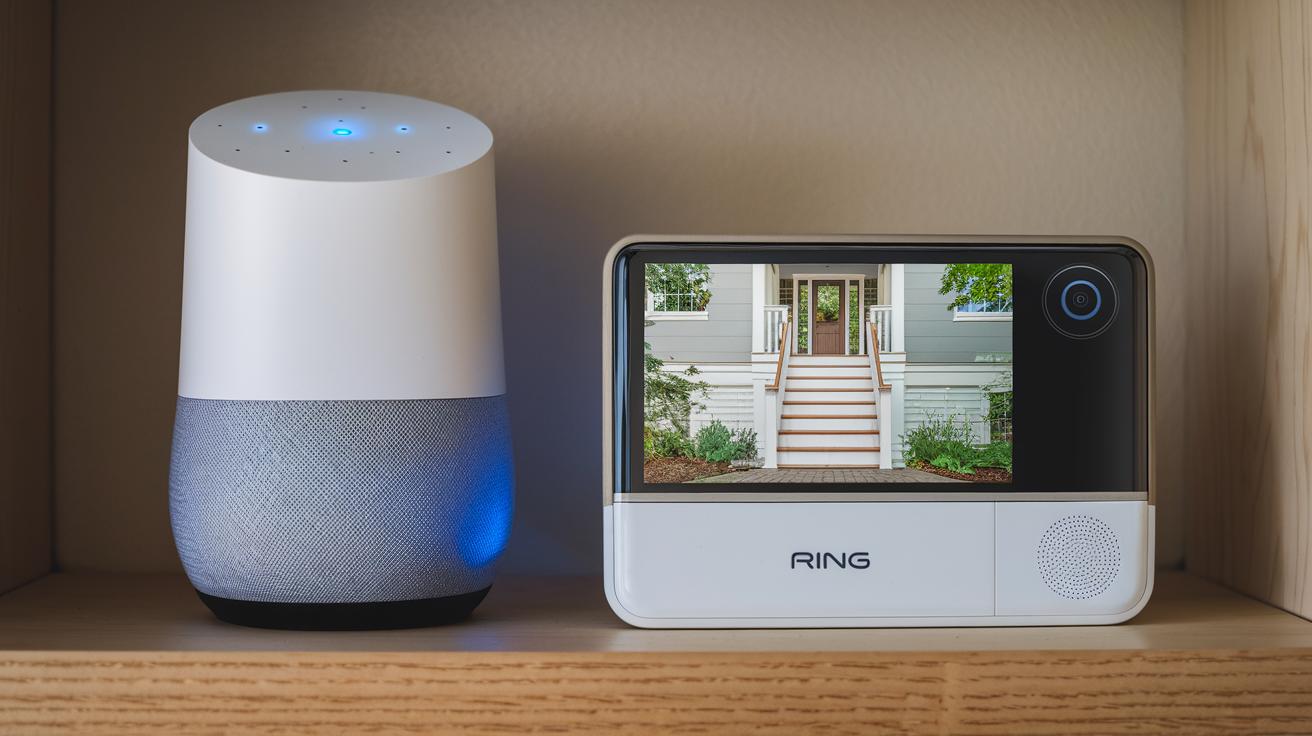Securing your home is a top priority, and choosing the best home security system is a crucial decision to make. With advancements in technology, there is a wide array of options available, each offering different features and levels of protection. In this comprehensive guide, we'll explore the key factors to consider when selecting a home security system, delve into the various types available, and highlight some of the top options on the market.
Understanding Your Security Needs
Before diving into the world of home security systems, it's essential to assess your specific needs and priorities. Consider the following factors to determine the level of security that suits your home:
1. Home Size and Layout
The size and layout of your home play a significant role in choosing the right security system. Larger homes may require more sensors and cameras to ensure comprehensive coverage. Additionally, the layout, number of entry points, and potential blind spots should be taken into account.
2. Neighborhood and Crime Rates
Understanding the security challenges in your neighborhood can help you tailor your home security system accordingly. Research local crime rates and common types of incidents to identify potential vulnerabilities in your area.
3. Budget
Setting a budget is a crucial step in the decision-making process. Home security systems come with varying price tags, and it's essential to find a balance between cost and features. Consider the long-term value and potential savings on insurance premiums.
4. Monitoring Options
Decide whether you prefer professional monitoring or a self-monitoring approach. Professional monitoring involves a third-party service that watches over your system 24/7, alerting authorities in case of a security breach. Self-monitoring allows you to receive alerts on your mobile device and take action yourself.
5. Smart Home Integration
Many modern home security systems offer smart home integration, allowing you to control and monitor your security devices through a centralized platform. Consider whether compatibility with smart home devices is essential for your lifestyle.
Types of Home Security Systems
Now that you've assessed your needs, let's explore the different types of home security systems available:
1. Monitored Systems
Monitored systems involve professional monitoring services that keep an eye on your home around the clock. When a security breach is detected, the monitoring center contacts you and, if necessary, dispatches authorities. While these systems offer robust protection, they often come with monthly subscription fees.
2. Unmonitored Systems
Unmonitored systems, on the other hand, rely on alarms and notifications to alert you in case of a security breach. You are responsible for contacting the authorities if needed. While these systems may be more budget-friendly, they require a higher level of self-monitoring and responsiveness.
3. Wireless Systems
Wireless home security systems use wireless technology to connect sensors, cameras, and other devices. They are easy to install, flexible, and less susceptible to tampering. Wireless systems are an excellent option for renters and those looking for a DIY installation.
4. Wired Systems
Wired systems, on the other hand, require physical connections between devices and a central control panel. While they may offer a more stable connection, installation can be more complex and may require professional assistance. Wired systems are often preferred in new construction or during major home renovations.
5. Smart Home Security Systems
Smart home security systems leverage the power of the internet and connectivity to provide advanced features. These systems can be controlled remotely via smartphone apps and often integrate with other smart home devices. Features may include video doorbells, smart locks, and voice control.
Top Home Security System Options
Now that we've covered the basics, let's explore some of the top home security systems on the market, considering factors such as reliability, features, and customer satisfaction:
1. Ring Alarm
Ring Alarm is a popular choice for its affordability and user-friendly design. The system includes a variety of sensors, motion detectors, and a base station. It integrates seamlessly with Ring's video doorbells and security cameras, offering a comprehensive home security solution. Ring also provides optional professional monitoring for a monthly fee.
2. ADT
ADT is a well-established name in the home security industry, known for its professional monitoring services. ADT offers a range of packages with various features, including 24/7 monitoring, remote access, and smart home integration. While ADT tends to be pricier than some competitors, it provides a reliable and comprehensive security solution.
3. SimpliSafe
SimpliSafe is a wireless home security system that is easy to install and customizable to fit your specific needs. The system includes a base station, sensors, and a keypad. SimpliSafe offers both professional monitoring and self-monitoring options, making it a flexible choice for different preferences and budgets.
4. Nest Secure
Nest Secure, part of Google's Nest ecosystem, is a smart home security system that integrates seamlessly with other Nest devices. The system includes a variety of sensors, and its mobile app allows for remote monitoring and control. Nest Secure is known for its user-friendly interface and compatibility with Google Assistant.
5. Vivint
Vivint Home Security is a full-service home security provider offering a range of smart home solutions. Vivint's system includes professional monitoring, smart home integration, and advanced features such as video surveillance and home automation. While Vivint may have a higher upfront cost, its comprehensive approach to home security and automation sets it apart.
6. Frontpoint
Frontpoint is a wireless home security system that emphasizes customer satisfaction and easy DIY installation. The system includes a variety of sensors, a hub, and a user-friendly mobile app. Frontpoint offers professional monitoring services and has gained praise for its responsive customer support.
7. Abode
Abode is a versatile home security system that allows users to customize their setup. The system includes a gateway, sensors, and a keypad. Abode supports both professional monitoring and self-monitoring, and its flexible design makes it suitable for a variety of home configurations.
8. Arlo Security System
Arlo, known for its wireless security cameras, also offers a comprehensive home security system. The Arlo Security System includes cameras, motion detectors, and a base station. The system is easily expandable, and its wire-free design makes installation a breeze.
9. Blue by ADT
Blue by ADT is a DIY home security system that combines affordability with the reliability of ADT. The system includes various sensors, a hub, and a mobile app for remote monitoring. Blue by ADT offers both self-monitoring and professional monitoring options.
10. Guardian Protection
Guardian Protection is a well-established home security company offering a range of security and automation solutions. The system includes professional monitoring, smart home integration, and 24/7 customer support. Guardian Protection is known for its personalized approach to home security.
Conclusion
Selecting the best home security system involves careful consideration of your specific needs, budget, and preferences. Whether you opt for a monitored system with professional monitoring or choose a DIY solution with self-monitoring capabilities, the key is to find a system that provides the level of protection and peace of mind you desire.
Remember to regularly update your security system and educate yourself on best practices for home security. Additionally, consider consulting with a professional to assess your home's vulnerabilities and determine the most effective security measures.
Investing in a reliable home security system is an investment in the safety and well-being of your household. By making an informed decision based on your unique requirements, you can enjoy the peace of mind that comes with knowing your home is secure and protected.
FAQ's
1. How do I subscribe to DirecTV Stream in Los Banos, CA?
To subscribe to DirecTV Stream in Los Banos, California, visit the official DirecTV website or contact their customer service. Follow the prompts to choose your preferred package, provide your location details, and complete the subscription process.
2. What equipment is needed for setting up DirecTV Stream in Los Banos, CA?
For setting up DirecTV Stream in Los Banos, California, you'll need a compatible streaming device like a smart TV, streaming stick, or gaming console. Ensure you have a stable internet connection and download the DirecTV Stream app. Follow the on-screen instructions to activate and link your chosen device.
3. Can I customize my channel lineup with DirecTV Stream in Los Banos, CA?
Yes, DirecTV Stream allows you to customize your channel lineup in Los Banos, California. After subscribing, log in to your DirecTV account online or through the app, then navigate to the channel lineup section. Here, you can add or remove channels based on your preferences.
4. Is simultaneous streaming available on multiple devices with DirecTV Stream in Los Banos, CA?
Certainly. DirecTV Stream supports simultaneous streaming on multiple devices in Los Banos, California. Depending on your chosen package, you can enjoy streaming content on various devices such as smart TVs, tablets, smartphones, and computers concurrently, providing flexibility for all users in your household.
5. What should I do if I encounter technical issues with DirecTV Stream in Los Banos, CA?
If you experience technical issues with DirecTV Stream in Los Banos, California, first, check your internet connection. If the problem persists, visit the DirecTV support website for troubleshooting guides or contact their customer support for assistance. They can provide step-by-step instructions or arrange for a technician to address any hardware-related concerns.
6. How do I activate my DirecTV Stream service in Los Banos, CA?
Once you've subscribed and set up the necessary equipment, activating DirecTV Stream in Los Banos, California is easy. Open the DirecTV Stream app on your chosen device, and follow the on-screen instructions to log in with your account credentials. This will activate your service and grant you access to the subscribed channels.
